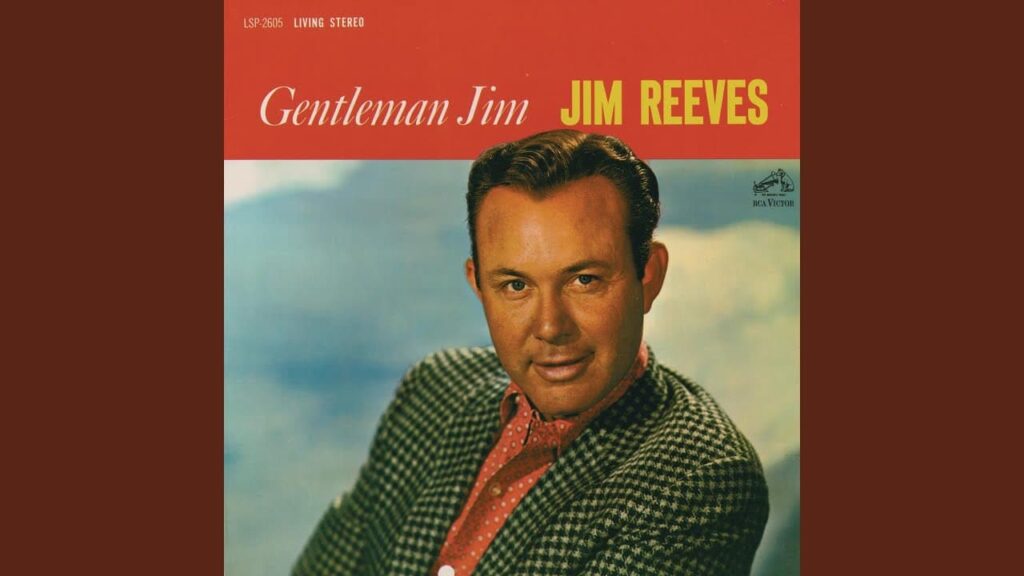
Gentleman Jim’s Hymn of Humble Devotion
To truly appreciate the music of Jim Reeves, one must understand the man behind the velvet voice. He was not just a country star; he was an international sensation whose calm, soothing baritone transcended genres and borders. In a career tragically cut short, he left a legacy of songs that were both profoundly beautiful and deeply personal. One such song, a timeless hymn that still resonates with listeners today, is “I’d Rather Have Jesus.”
While not a chart-topping pop single, this song holds a special place in the history of gospel and country music. It was featured on his 1962 album, ’20 Songs of Inspiration,’ which, as its title suggests, was a collection of hymns and spirituals that showcased a different, more devotional side of the artist. The track’s history is much older than Jim Reeves’ recording, with the lyrics penned in 1922 by Rhea F. Miller and the music composed by George Beverly Shea. The story goes that Shea’s mother left the poem on the family piano, hoping it would inspire her son, who was considering a lucrative but secular career. The lyrics struck a chord with him, and he set them to music, choosing a life of ministry through song that would see him become a long-time musical collaborator with the evangelist Billy Graham. When Jim Reeves, with his effortless and sincere delivery, recorded the hymn, he brought it to a new generation, adding his unique warmth and sincerity to its powerful message.
At its heart, “I’d Rather Have Jesus” is a beautiful and simple testament to faith and a quiet rejection of worldly possessions. The lyrics, with their direct and humble language, lay out a clear set of priorities. The speaker, in a series of powerful comparisons, states a preference for a life led by faith over one defined by wealth, fame, or power. It’s a message that stands in stark contrast to the modern-day pursuit of material gain and status. The song’s meaning is not just about choosing Jesus over “silver or gold,” “houses or land,” but about a deep, internal commitment to a spiritual path. It’s a message that reminds us of the true riches in life—love, faith, and a connection to something greater than ourselves. Jim Reeves didn’t sing this with the booming theatricality of a gospel firebrand; instead, he performed it with the gentle, calming grace that was his signature. His voice, so often used to soothe heartbroken lovers in his country hits, here became a vessel for divine peace and reassurance.
For listeners of a certain age, hearing Jim Reeves’ rendition of “I’d Rather Have Jesus” can be like returning to a familiar, comforting place. It might evoke memories of Sunday mornings, family gatherings, or moments of quiet reflection. His smooth, unhurried style makes the song feel less like a sermon and more like a gentle conversation, a personal testimony shared with a friend. The song’s enduring appeal lies in its timeless message and the profound sincerity of the artist who sang it. It’s a gentle reminder that amidst all the noise and clamor of the world, there are some truths that remain constant. In an era when music can often feel fleeting and disposable, a song like this serves as a beautiful anchor, a quiet hymn of faith that will continue to offer solace and inspiration for generations to come. Jim Reeves may have left this world too soon, but through his music, his voice continues to touch hearts and lift spirits, reminding us of what truly matters.